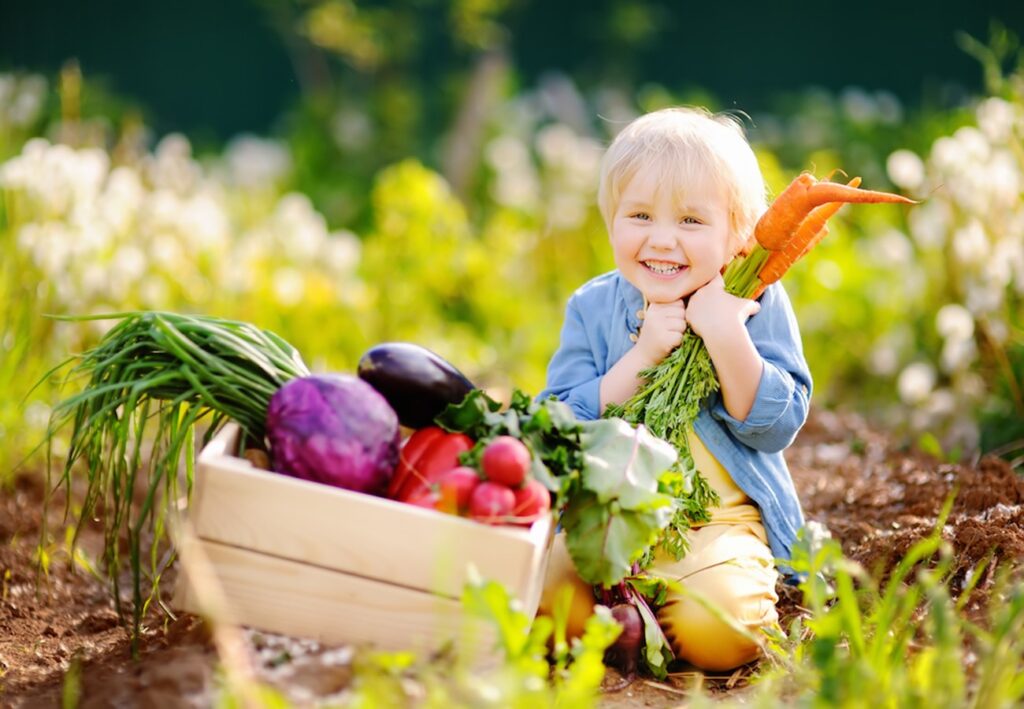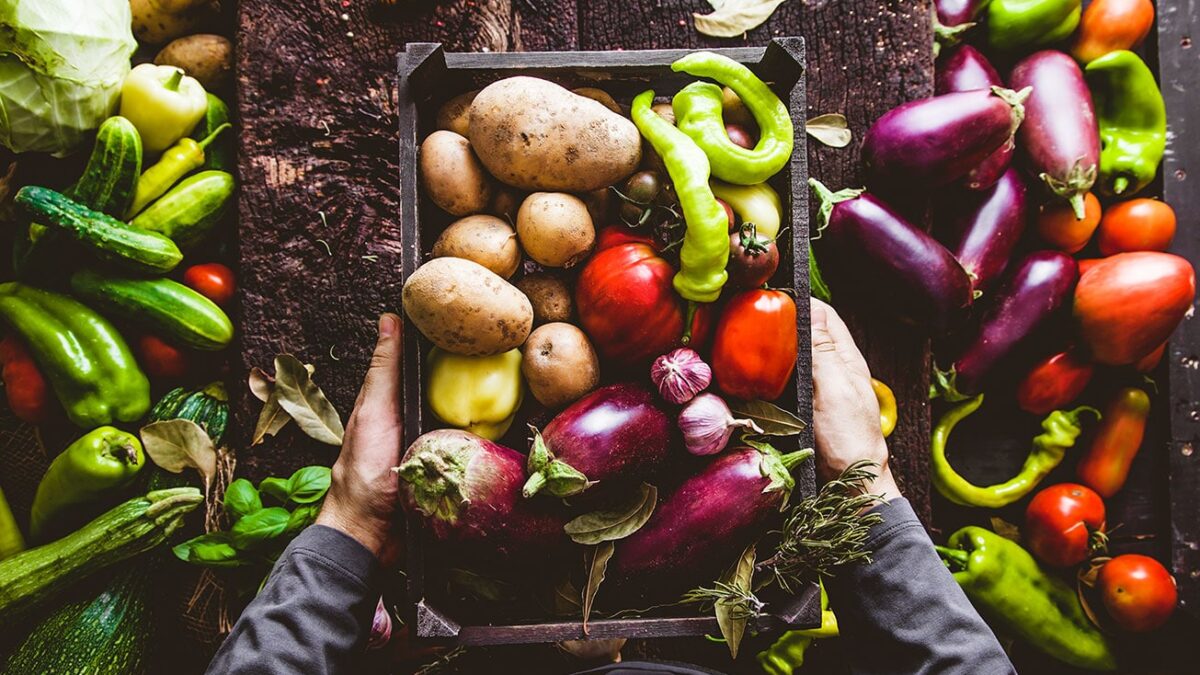Fruits and vegetables are a healthy and delicious part of our diet, but they can also be expensive. Here are some tips on how to store fruits and vegetables properly so you can save money and reduce food waste:
Choose the Right Produce
The first step to saving money on produce is to choose the right fruits and vegetables. Look for produce that is in season and locally grown. This will be fresher and less expensive than produce that has been imported.
When choosing produce, also be sure to select items that are firm and unblemished. Avoid produce that is soft, bruised, or has mold.
Store Produce Properly
Not all fruits and vegetables should be stored in the refrigerator. Some, like tomatoes, bananas, and avocados, will actually last longer at room temperature. Here is a general guide for how to store fruits and vegetables:
- Apples, pears, and other fruits that brown easily: Store in the refrigerator in a paper bag or container.
- Berries: Store in the refrigerator in a single layer in a bowl or container.
- Broccoli, cauliflower, and other leafy greens: Store in the refrigerator in a plastic bag or container with a paper towel to absorb moisture.
- Carrots, celery, and other root vegetables: Store in a cool, dark place in a plastic bag or container.
- Citrus fruits: Store at room temperature or in the refrigerator.
- Eggplant: Store in the refrigerator in a single layer.
- Melons: Store at room temperature until ripe, then refrigerate.
- Onions and potatoes: Store in a cool, dark place in a paper bag or container.
- Tomatoes: Store at room temperature until ripe, then refrigerate.
Use Airtight Containers
Airtight containers are a great way to keep produce fresh. They help to prevent moisture loss and oxidation, which can cause fruits and vegetables to spoil.
When choosing airtight containers, be sure to choose ones that are the right size for the amount of produce you are storing. You don’t want the containers to be too big, or the produce will not get enough air.
Check Your Produce Regularly
It is important to check your produce regularly to make sure it is still fresh. Discard any produce that is starting to go bad.
By following these tips, you can help keep your fruits and vegetables fresh for longer and save money on your grocery bill.

Additional Tips
- If you have a lot of produce that you need to store, you can freeze it. This is a great way to extend the shelf life of fruits and vegetables that don’t store well in the refrigerator, such as berries and leafy greens.
- If you are cutting up fruit or vegetables, store them in an airtight container with a paper towel to absorb moisture. This will help prevent them from browning or spoiling.
- If you have a fruit bowl on your counter, make sure to empty it and wash it regularly. This will help prevent the spread of bacteria.
By following these tips, you can help keep your fruits and vegetables fresh and delicious for longer. So next time you go shopping, be sure to choose the right produce, store it properly, and check it regularly. You’ll be glad you did!
Conclusion
By following these tips, you can save money on produce and reduce food waste. So next time you’re at the grocery store, be sure to choose the right produce, store it properly, and check it regularly. You’ll be glad you did!

